





Nov. 25, 2024 | Daniela FAUR
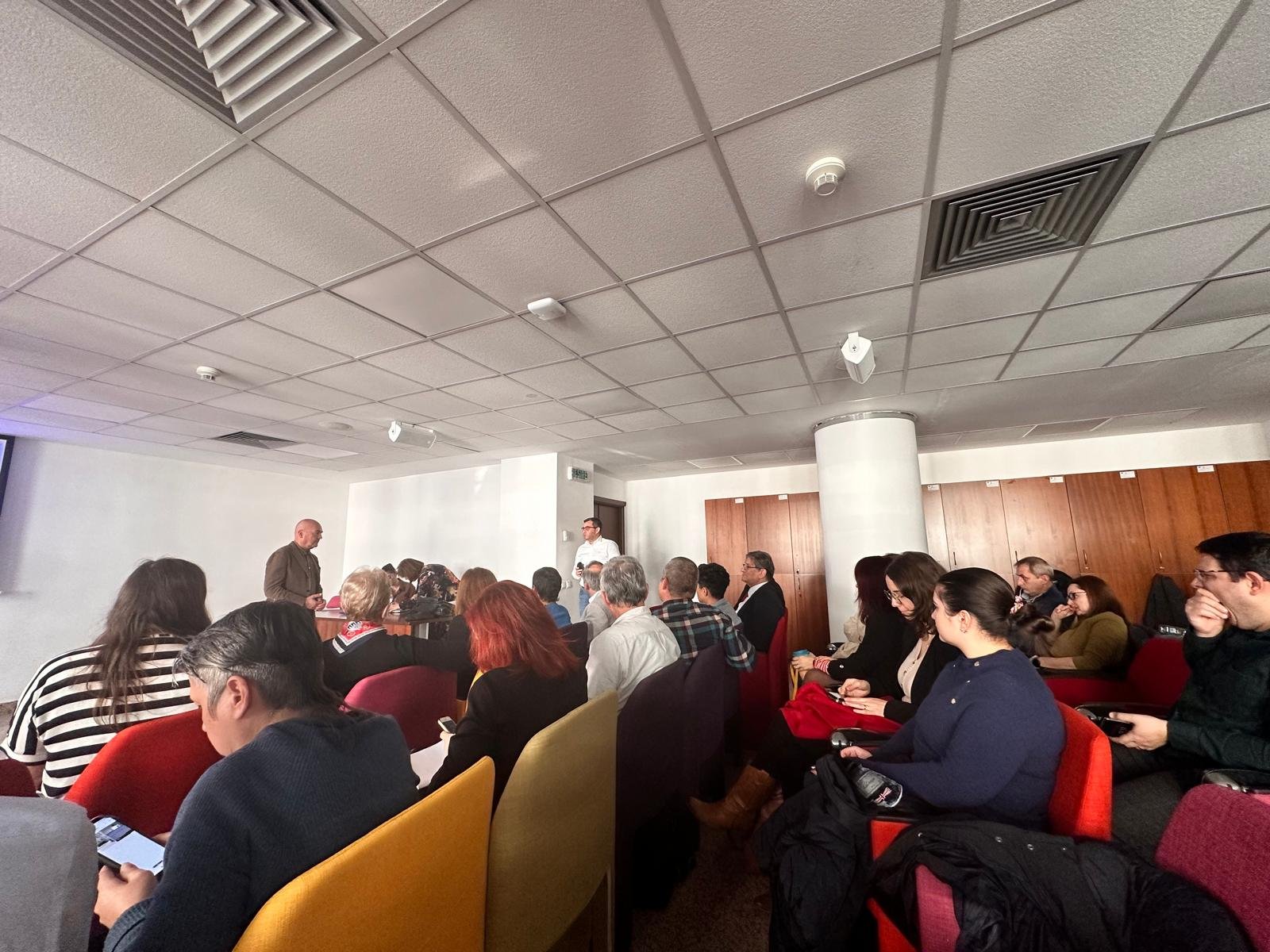 The diverse audience actively engaged in the discussions at the second DTEClimate Symposium.
The diverse audience actively engaged in the discussions at the second DTEClimate Symposium.
Prof. PRISECARU, the president of the Senate of Politehnica University in the opening of the symposium.
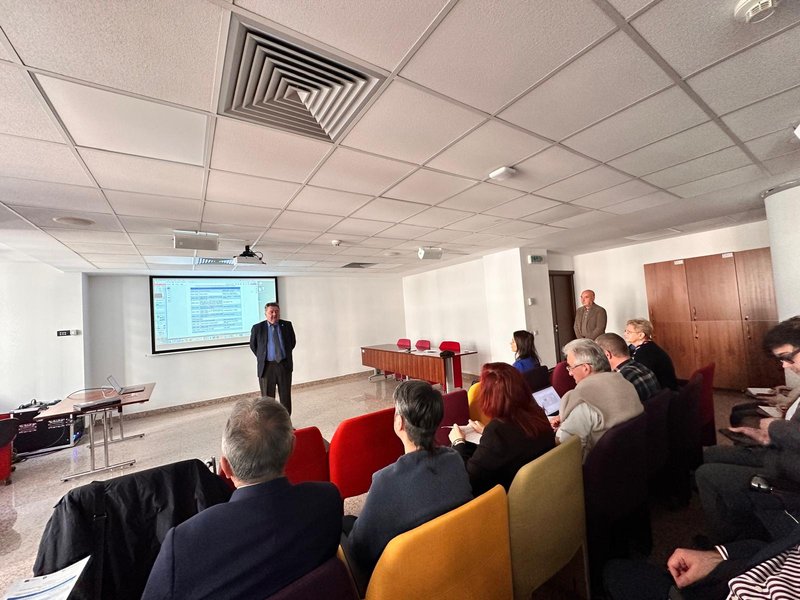
Prof. DATCU, the coordinator of DTEClimate Competence Center for Climate Change Digital Twin for Earth forecasts and societal redressment.
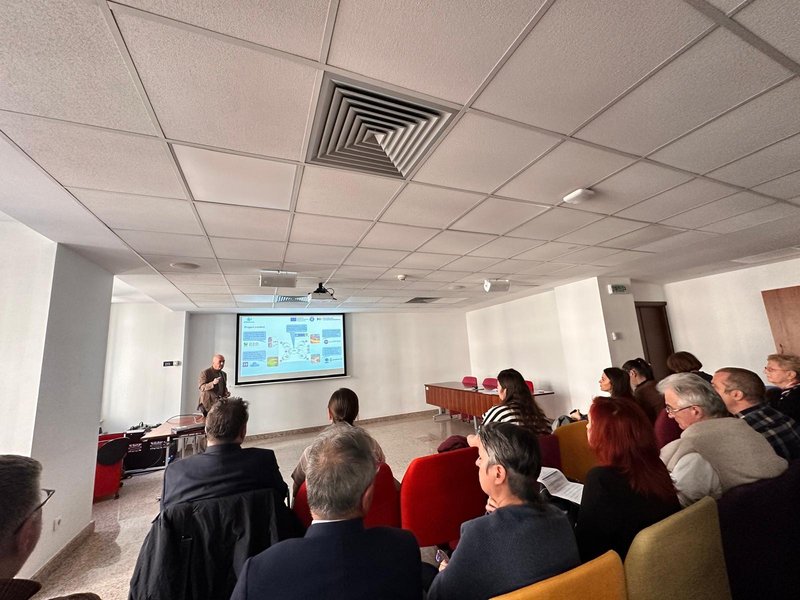
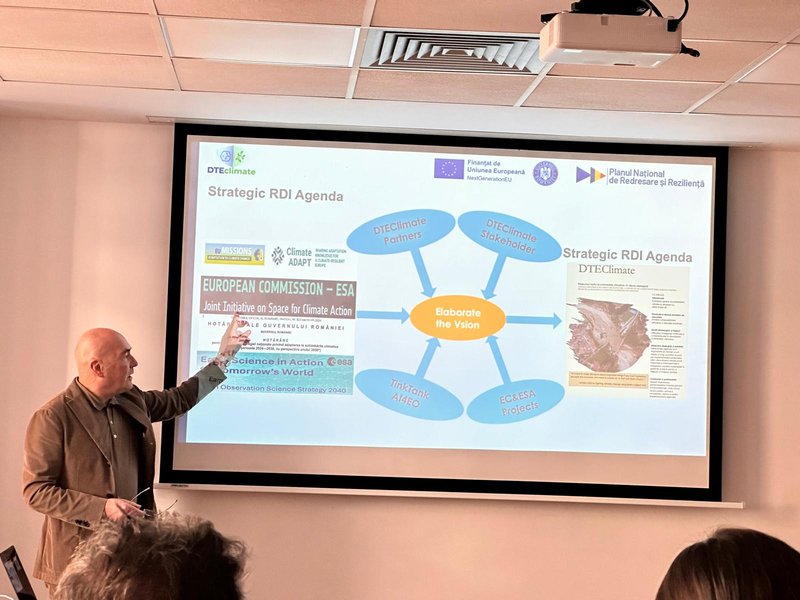
The project directors presented the status of the specific projects, highlighting key advancements in AI-driven Earth observation for climate prediction, measures to restore freshwater lakes and coastal areas affected by eutrophication, the exploitation of satellite data for natural capital accounting and biodiversity management, climate change research focused on natural disasters and extreme weather, and the assessment of climate change impacts on vector-borne diseases within the One Health framework.
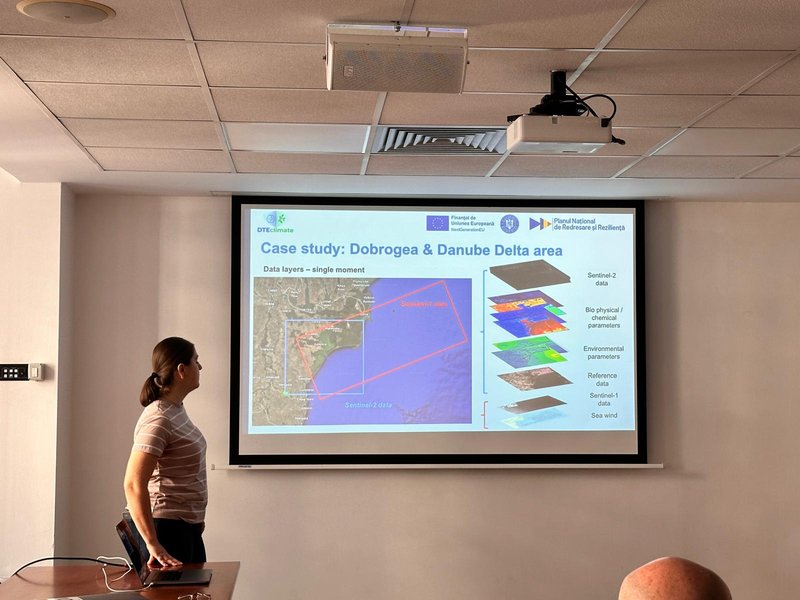
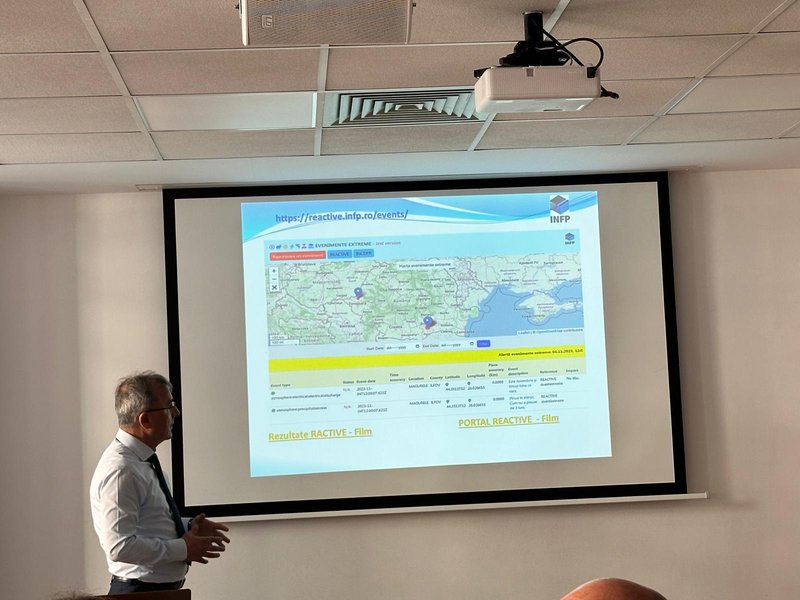
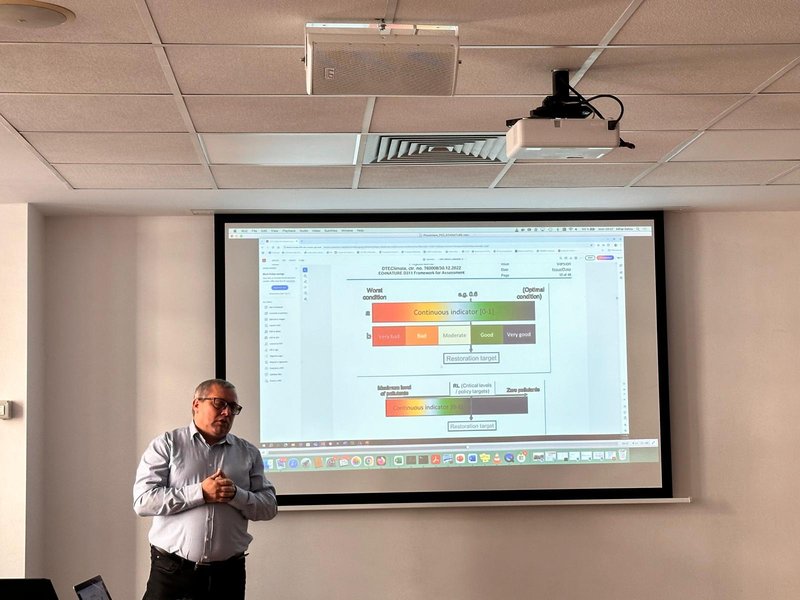
Additionally, impact demonstrations were showcased, covering biodiversity monitoring, extreme weather events, and the assessment of the Black Sea and coastal lakes, followed by stakeholder presentations on wildfire risks, the Razelm ecosystem, and national adaptation platforms. The session concluded with a panel discussion addressing future directions for climate resilience and research strategies.